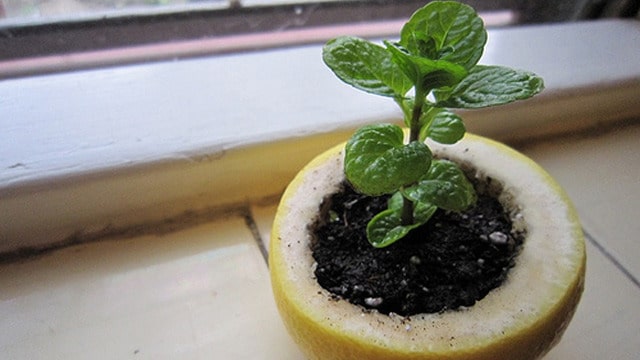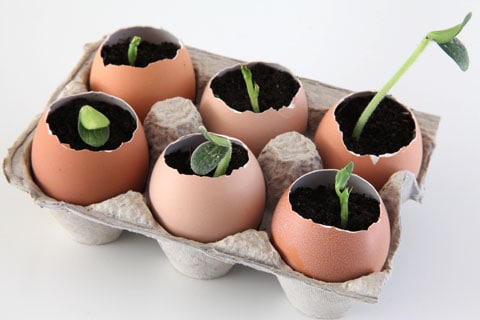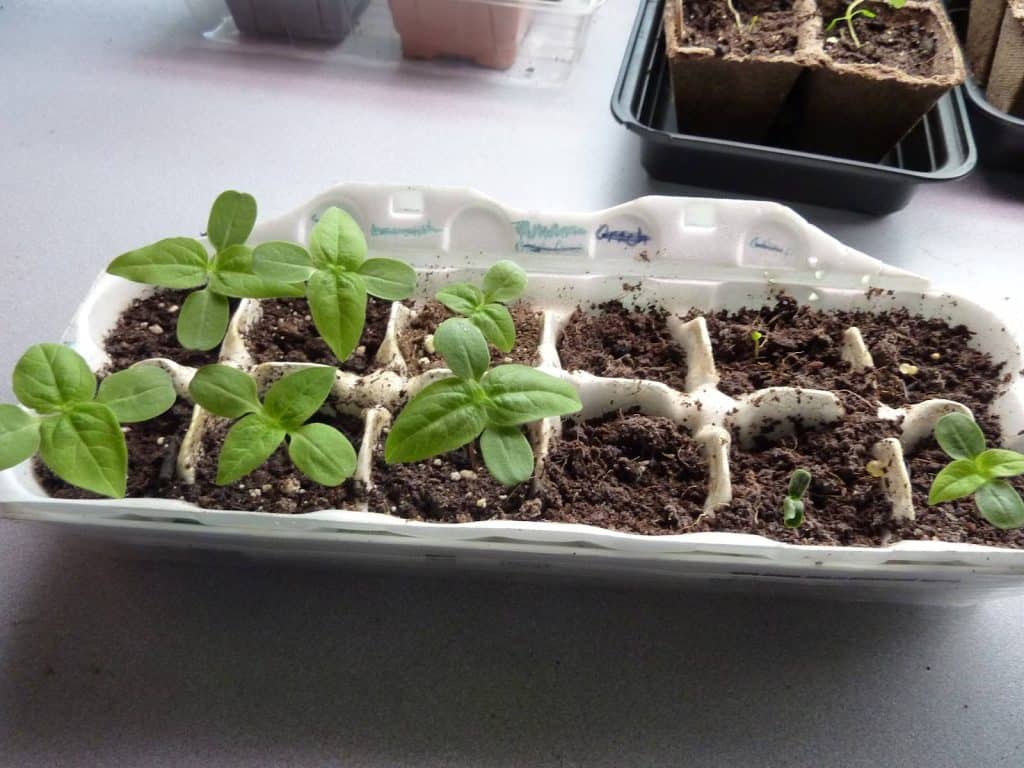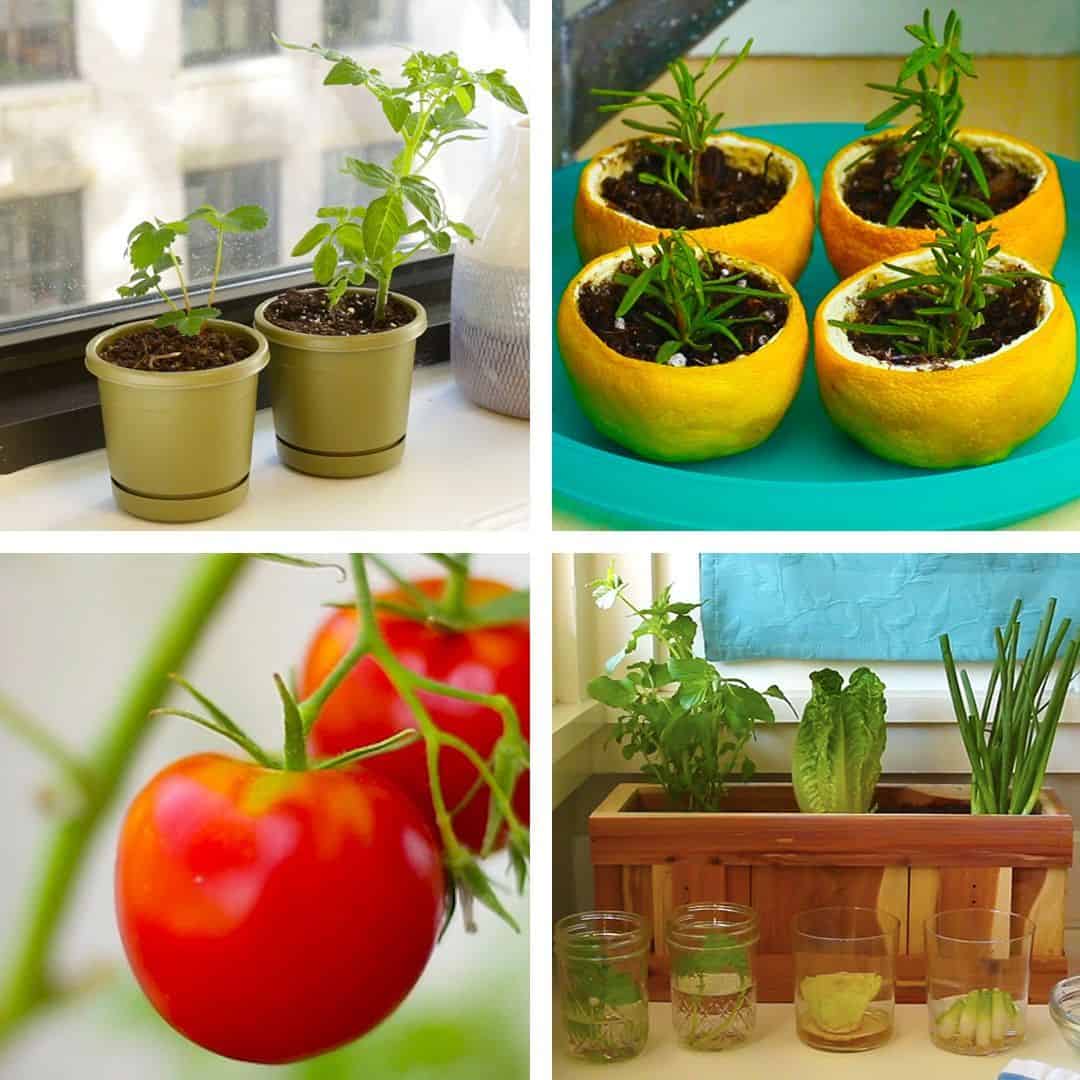With food prices expected to continue to rise in the near future, more homeowners are turning to veggie gardens to offset the price of groceries.
For those who are new to gardening – or at least new to food gardening, vegetable gardening at home is an easy way to save money.
For instance, planting one tomato plant can provide you with 10 pounds of fruit over the course of a season.
More...
In almost every case, the flavor and texture of varieties of vegetables from a container vegetable garden far exceed grocery store produce.
By planting vegetables in pots, you enjoy the pleasure of savoring delicious, sun-warmed greens fresh from your kitchen backyard.
Our DIY tips and tricks will help get you the best vegetable garden this season. Plus, all the hacks are focused on using recycled materials in your home!
The Top 3 Vegetable Gardening Hacks
I’d insist that you watch the video to get all the hacks. However, if you’d rather read, I’ve selected the top 3 hacks to give you a head start. You can always come back later to watch the entire video – be sure to bookmark this post.
1. Citrus starter pots

Image credit: Lifehacker.com
This is certainly one of the most awesome gardening hacks you will ever come across!
As you may already know, every gardener should have several starter pots where he can plant his seedlings and watch them grow – not only is the starter pot super useful for helping new plants and flowers get the root system they will so much need later on, but they can also serve as a temporary home for plants during winter, especially for those that are highly sensitive to cold.
With that in mind, all you need for this awesome citrus peel starter pot is a large lemon that will be carved out – you basically need to turn the lemon into a small pot for your plants, and then allow the lemon peel to create the perfectly acidic environment for the seedling to thrive.
2. Eggshell seedling planter

Image credit: www.squawkfox.com
Here is another awesome and even more portable and lightweight seedling pot that will help you make the best of your seeds – all you have to do is to empty several eggs and to use the eggshells as the pots.
While in the case of the citrus pots, the citrus peel helps regulating the acidity levels in the soil, the eggshell seedling pots will enrich the soil with high quality calcium, magnesium and other nutrients that are essential for the seedlings to thrive and grow.
The stronger the root system of your seedling, the more likely the plant is to survive transporting it to the garden – that is the “real life test” that many gardeners are very afraid of.
Read: Small Space Gardening: 14 Mind Blowing Ideas (#7 is my favorite)
3. Egg tray planter

Starting plants from seed in advance of planting them in your garden has several benefits.
For example, you can start them indoors in the early spring before your garden soil has warmed up, thereby getting a head start on the growing season.
Egg cartons made from pressed paper or cardboard are perfect for this because each individual egg cup in the egg carton is the perfect size for starting a seed.
Additionally, the entire egg cup can be buried in the ground because it's biodegradable, and you can thus avoid disturbing the young plant's roots during transplanting.
Sources
Featured Image: Buzzfeed.com

This is a great article! There is definitely some very useful and valuable information in here that I will be keeping for my future resources. Thanks for sharing such a great article!
Hello, I really enjoyed reading your article about growing vegetables at home, I found it very helpful. Thank you, Richard